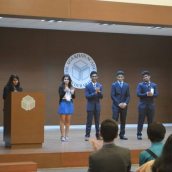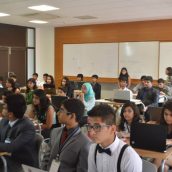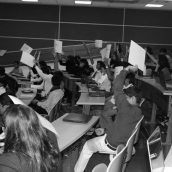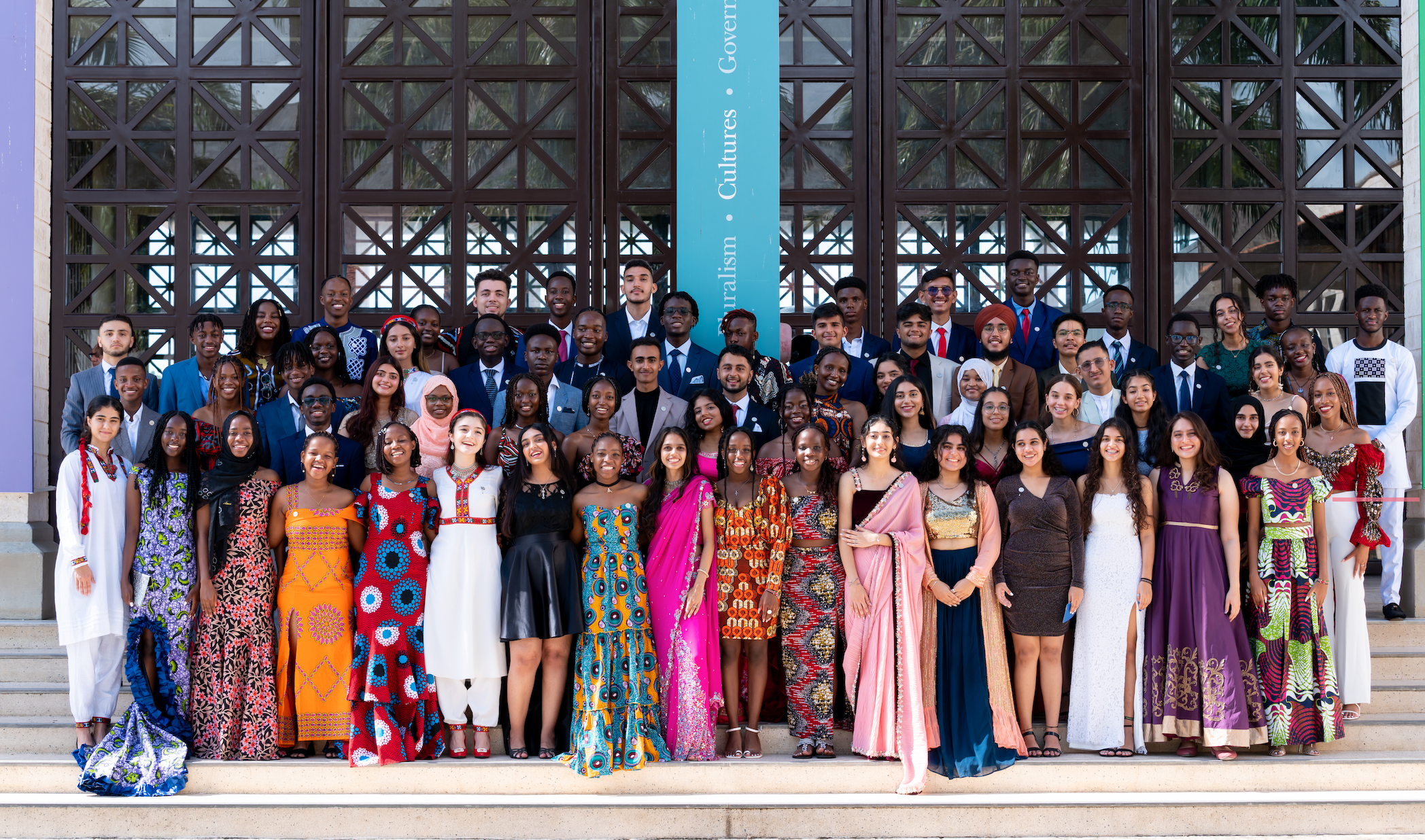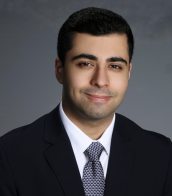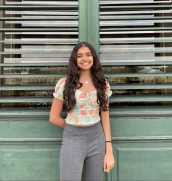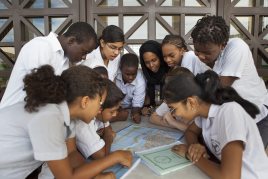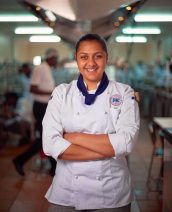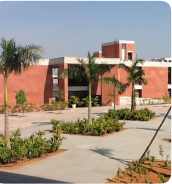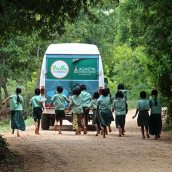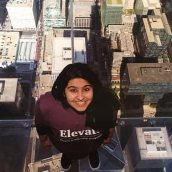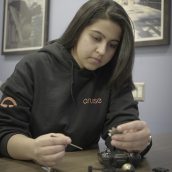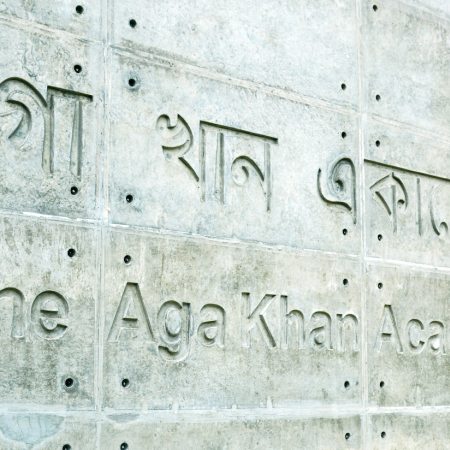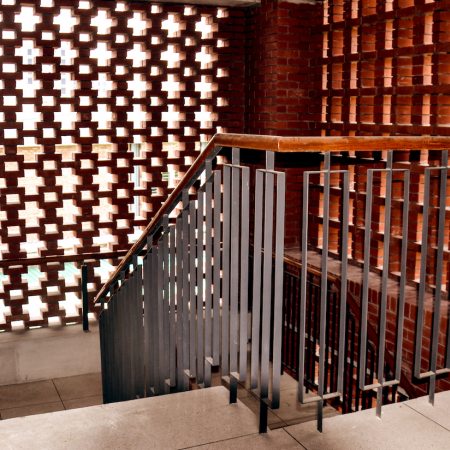At the Aga Khan Academy Mombasa, Ham Serunjogi – CEO and co-founder of African fintech giant Chipper Cash – realised the importance of staying connected to something larger than himself. The Forbes 30 Under 30 honouree is now serving as an advisor to the US President on African diaspora engagement.
AKAHMUN 2014 – The Future is Now
It all began on 22 August, 2014, when the Secretariat for the Aga Khan Academy, Hyderabad Model United Nations 2014 was finally announced. There was excitement in the air, as well as anxiety. We weren’t sure how we would raise the bar set last year. I was unsure of how the team would work together, how passionate they were and whether offsite management would work. I had organized the Model UN last year too, but this time, it was different. I wasn’t on campus and I didn’t know the new lot of students I was dealing with.
We began our journey with our first ever Model UN meeting. I expected the meeting to start late, for punctuality was rare to see. However, I got my first surprise, when every single member turned up not only on time, but half an hour early! That day I knew that no one would follow the timeline. Not because they’d miss the deadlines, but because their absolute dedication to AKAHMUN drove them to accomplish much more than what was required of them.
We planned out an extensive timeline of every aspect of the conference, a string of meetings and the nature of committees. Although everything looked perfect, I knew from experience that I must expect speed breakers, for if there are no problems, I know that I am surely doing something wrong.The first hurdle we encountered was in dealing with the day scholars. As part of the pre-Model UN preparation, we decided to organize trainings for the delegates. However, because this time around we had day scholars taking part too, we needed to ensure that we included them in every aspect of the conference. Arranging bus timings, coordinating with parents and taking permissions from teachers was a massive task. There were times when we wouldn’t be able to include the day scholars, when the timings wouldn’t match or when the day scholars had other programmes on schedule. However, we tried to reach out to as many as possible because it was a start, indeed. If it weren’t for my anchor, the Secretariat back on campus, it would have been impossible to organize such trainings.
The second hurdle we encountered was when we needed to finalise the committees. All the members of the Executive Board were excited about the idea of a Joint Crisis Committee (the Allied and Axis Cabinet), where the workings of one committee affect the workings of another. We had just one question in mind: would the first-time delegates be able to pull it off? The decision to go ahead with this committee was a risk, for crisis committees require a certain level of debate and experience. However, I also knew that with the Directors I had, I could trust that they would leave no stone unturned.
Logistics are by default the biggest area of concern in any conference, for it is by far the hardest job to pull off. The job entailed printing folders, placards, arranging the venue, the speakers, lights, cold drinks and much more. Last year, we didn’t have as many delegates to cater to, but this time around the number was massive. There was surely an inverse relationship between the number of days left for the conference and the number of challenges we faced. There were times when we were disheartened at a permission not going through or a delay in procurement of materials. Yet, it was the DP1 lot of the logistics team that stood strong. They travelled off campus, to far away locations, to get materials, send documents for printing and purchase eatables. I was truly surprised at the amount of effort they put in both during and after the conference. They worked during Diwali breaks and on weekends, like professionals, and never complained at having to do the most trivial tasks.Fast forward three months. It is 14 November 2014. After hours of tireless work, pushing ourselves to meet deadlines, and sleepless nights, it was D-Day. The air was filled with excitement and nervousness, as first-timers walked into committees, unaware of what to expect. And it wasn’t just the delegates, the Directors too were nervous, for most of them were taking the other side of the dais for the first time. Seeing the delegates buzzing through the committee rooms, we knew that the roller coaster ride had just begun. All we heard over the next three days were: Do we have projectors in all committees? Is the AC working? Are there enough chocolates in each committee? Where are the pens? Whether it be lunch, breakfast or dinner, we all forgot what it was to have a proper meal because our main focus was to get the delegates in committee.
All the efforts paid off when I received two unusual requests, over the three days of the conference. A member of the IT team, who had enrolled his name on the team to avoid participating in debate, came up to me and asked if he could participate in a committee. Initially, I was upset at this last minute request and so I asked him why he had made such a sudden request. What he replied then stayed with me throughout the conference. He told me that on seeing the enthusiasm amongst the delegates, he wanted to experience what it was like to be one. And so without any prior research, he sat through committee sessions and eventually won an award. This incident made me realize the potential at the Academy. It is only a matter of pushing them to apply themselves.
Another time, a 7th grader, who had entered the conference as a logistic member, came up to me and expressed his grief. On further probing, he told me that he really wanted to be a delegate, but couldn’t because he was a 7th grader. He had been so mesmerized by the whole event that he wished to take part. I smiled, with a sense of pride, at the impact of the conference. Over the next three days, the 7th grader debated issues in ECOSOC, argued with his seniors, and remained unintimidated by their age or knowledge.AKAHMUN 2014 had the power to bring about change. The JCC, which we were most skeptical about, brought out the best in delegates. The morning crisis, which initially made the students cranky, became the highlight of the three days. Students who initially didn’t openly accept the idea of a Model UN, jumped to take part. More importantly, though, I learnt, in the months leading up to the conference, the value of a great team. This team had dedication, passion and the will power, to make the impossible, possible. They were patient in low times, calm when faced with criticism and passionate about their goal. They worked day and night, at times when IB work was at its peak and applications lingering on their heads. They were truly the support system of this conference.
When I hear today how after the MUN, 7th grade students returned to their rooms, formed their own committees, elected their own Secretary General, came up with their own crisis and still use parliamentary language in daily conversation, I know that the Model UN tradition started in 2013, will continue for years to come. When I hear students asking about the next conference they can attend, I know that a spark has been ignited. When I hear that people are vying for the posts on the Secretariat next year, I know a culture has been sowed.
As we pass the baton on, we have realized the power of Model UN conference.
By Alisha Sonawalla
Alumni
Education at its best facilitates positive growth in all domains – intellectual, social, physical, ethical and spiritual – leading to the well-rounded development of the child. The Aga Khan Academies aim toward this ideal, and the values they espouse are reflected in each school’s aspirations for its students.
The vision for Aga Khan Academy graduates
Students at an Academy pursue a well-balanced education combining intellectual inquiry, academic excellence, sporting and cultural activities, and a grounding in ethics and moral reasoning.
They are committed to rigour and self-discipline in their studies and subscribe to the principles of intellectual honesty in the preparation of their work.
Read more here.
The Aga Khan Academy Alumni Network
Fill out the AKA Alumni online questionnaire here
Connect with us via our Facebook and Instagram pages.
Interested to know more about our graduates? See spotlights on our alumni
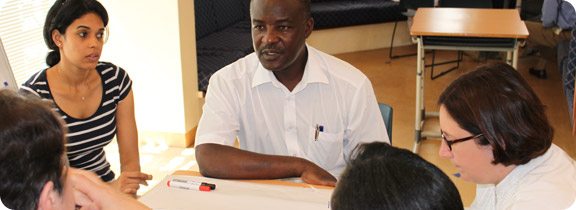
IB Workshops
The Aga Khan Academies frequently host International Baccalaureate (IB) workshops for interested individuals in a number of regions.
The Academies offer authorised IB teacher training workshops for the Primary Years Programme, Middle Years Programme and Diploma Programme teachers.
To accommodate a diverse range of learners, the IB workshops are designed for both new and experienced teachers interested in increasing their knowledge and expertise about the IB programme.
The workshops include strategies and techniques for teaching IB courses effectively in the classroom and are led by highly trained IB experts. Each workshop allows teachers to assess and build their skills in the curriculum as well as understand and compare assessment criteria.
The workshops offer teachers a chance to interact directly with and share their input with workshop leaders. They also allow the participants to discuss and share their ideas, practices and strategies while working alongside other IB teachers from a broad range of backgrounds.
Upcoming Workshops
The Aga Khan Academy Mombasa will be offering a virtual IB workshop from 21–23 June 2025.
To register, please click here.
For any queries, please contact us at workshops@agakhanacademies.org.
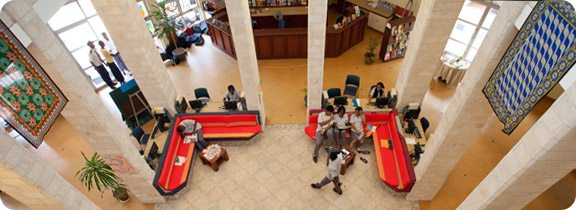
News

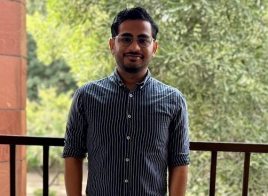
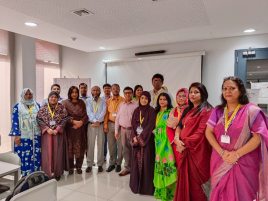
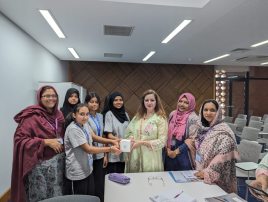
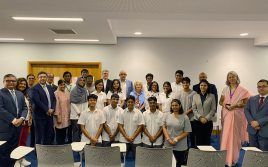
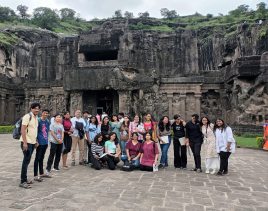
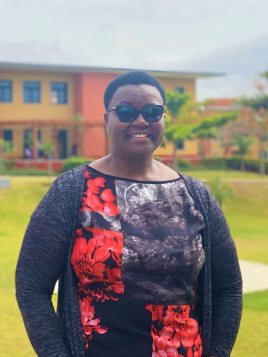


Pages
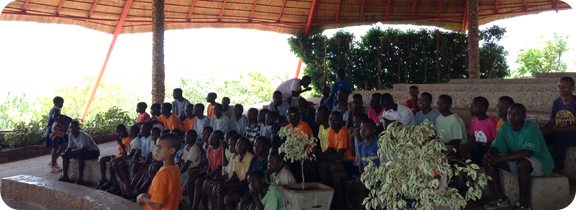
Community Service
Community service is an overarching and major facet of student education and experience at the Academies. Incorporated into student life and the curriculum, community service extends the educational experience beyond the classroom, informing students of the real-world implications of their studies. Through community projects with local organisations and groups, students gain a sense of the interconnectedness of their education with the world around them.
Students can participate in a variety of structured community initiatives and internships to learn about their place in the world.
By partnering with local Aga Khan Development Network agencies, students learn first-hand about the operations of an organisation and work towards making tangible contributions to the agencies.
In addition, community engagement provides an understanding of broad concepts such as human rights, dignity and autonomy, while emphasising the ethos of leaving the world a better place.
Examples of service projects from the Aga Khan Academy Mombasa:
Coast Rural Support Programme: Tree planting at Mtaa community reservoir. The reservoir was created as a community project. The outreach project involved planting 700 indigenous seedlings around the reservoir.
East African Quality in Early Learning: Creation of the Fun Reading Day initiative to promote early grade reading. Inspired by the common 1:10 ratio of students to books in local public primary schools, the first project was to collect books to establish a library at Ng’ombeni Primary School. Through a book drive and other community projects, students collected books and catalogued and prepared them for library use.
Our Junior School and Diploma Programme (DP) students visited the Ng’ombeni Primary School for group reading sessions. This project was then handed over to upcoming DP students to continue.
Education for Marginalised Children in Kenya (EMACK): Student’s council training workshop at Longo Primary School. Sarrah Sheikh came to know the Longo Primary School through her summer placement service. She went on to assist EMACK in establishing student leadership bodies, beginning with Longo Primary School. Topics covered went from effective leadership to communication tools, and the difference between prefects and elected student leaders. Three weeks after this project, the Kenyan government announced the phasing out of the prefect system and the introduction of elected student councils.
Madrasa Resource Centre: School painting project at Mpirani Nursery School. After visiting a school in disrepair, the DP students decided that a bright place was needed for the students to learn. They mobilised their fellow students to create bright learning materials and to repaint the school.
Junior School Newsletter No. 7 - November 2015
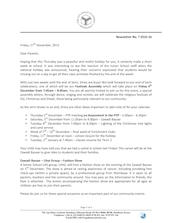
Read about upcoming events, staffing updates, and past events in this newsletter.
Junior School Newsletter No. 12 - March 2016
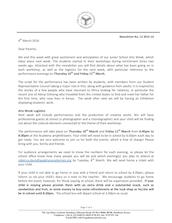
Read about the latest updates from Junior School.
Alisha Sonawalla - pushing the frontiers of technology
Alisha Sonawalla was part of the Aga Khan Academy Hyderabad’s first graduating batch, the Class of 2014. Since then, she has accumulated an extraordinary set of experiences during a gap year and subsequently at university in New York City before joining Microsoft in Seattle, USA this summer (2019). These experiences range from heading projects geared at exposing girls in rural India to coding and internet technologies to designing English language development programmes in Tajikistan, and most recently, to spending summers in Silicon Valley working on self-driving cars.
Alisha is currently working as a software engineer at Microsoft after pursuing a dual degree – a Bachelor of Science in computer science and a Bachelor of Science in management science with a concentration in data science (both from New York University (NYU)). She has received the Dean’s Honour Roll for securing a grade point average in the top 10% of the class. Outside the classroom, she has dabbled in multiple projects including building her own robot news-reader and experimenting with developing a secure cloud-sharing service.“The Academy helped me become comfortable with making mistakes and encouraged me to focus on identifying solutions instead,” Alisha said. “That, and my gap year experiences ignited in me a passion for tech and an entrepreneurial spirit, and ever since, I have been excited about building products to push the frontiers of technology forward.”
“It was an exciting time to be in the mecca of tech,” she reminisces. “I led the development of a large-scale mapping service to deliver real-time, preemptive updates to the vehicle, allowing them to make more efficient routing decisions and enhanced ride safety. As one of the early engineers in the self-driving car space, it was amazing to have the opportunity to contribute towards the future of tech.”
“The girls’ newfound confidence became my motivation as I travelled across India and to Tajikistan conducting sessions for women on STEM opportunities,” shares Alisha.
She was also one of 25 female engineers globally who was awarded the "Goldman Sachs Grace Hopper Conference Scholarship" to attend the Grace Hopper Conference, the largest conference for women in tech.
In 2013, while still at the Academy, Alisha travelled across four remote villages of Gujarat to document the livelihood and survival strategies of a lost community, the Devipujaks. Her interviews and field research were compiled into one of the only ethnographic studies done on this marginalised group of people, and she presented her findings at the National Conference on Human Rights organised by the Central University of Gujarat and the Government of India.
In the meantime, Alisha is joining Microsoft as a software engineer on their AI & Mixed Reality team.
“The Academy gave me the space to develop my moral compass by taking on leadership opportunities and experiencing ethical dilemmas first-hand. Being faced with these ethical decisions on a small scale helped me develop a moral compass that guides me through major decisions even today. Moreover, living in a shared space taught me to adapt to different situations, lifestyles and people, which made my transition to NYU, a new city and a different culture seamless.”
Written by Kamini Menon
Aga Khan Academy Dhaka construction - May 2019
Aga Khan Academy Dhaka Construction Update: May 2019
See our latest photo gallery and aerial drone footage showing progress on the construction of the Aga Khan Academy Dhaka – May 2019.
